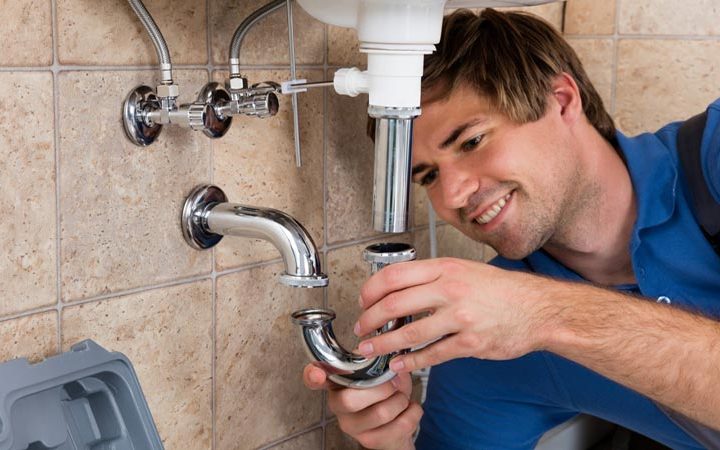Call a plumber when a water line breaks or the sewage is backed up. These days, plumbing has become a reasonably primary industry and requires more qualifications than carrying a couple of wrenches and a pocket screwdriver. It’s a profession or a trade that has qualified people performing critical tasks. What do plumbers actually do?
Becoming a Plumber
To become a plumber, you need to do a trade apprenticeship, which will include the theory of piping systems and practicing the use of tools, standard and specialized, and a course in troubleshooting. A trade apprentice works with a licensed plumber or plumbing service and gets on-the-job training in real-life experiences that may crop up on daily jobs.
There are many different fields in which a plumber can become involved.
Commercial plumbers – install, maintain, and repair systems such as heating, food conveyance piping, and large commercial hot water systems. Plumbers involved in hospital and medical center facilities or food manufacturing need to know about bacteriology and sanitation controls that prevent contamination of systems that deliver food to people. If the plumbing work involves steam fittings, further equipment and safety training are required.
Plants
Plumbers can find work specializing in crude oil pipelines and on oil rigs with an oil company. They can also work at nuclear power plants with more pipes than at Scottish bagpipe competition. Pipe fittings and everything being correct are supercritical at these facilities. Substant cooling systems with pipes deliver coolant, maintain circulation, and do many other chores. Training required on materials connections and pipe stresses is necessary to maintain the safety of the operation.
Construction
Plumbers work in the construction industry, completing water and sewage systems. Construction involves housing developments and commercial buildings such as shopping centers and hotels. Home renovations, repairs and plumbing maintenance all require a plumber.
Real Estate
Plumbers working in real estate as part of property management look after apartment complexes, hospitals, commercial buildings, and single-unit dwellings. Work involved includes sewage systems and general plumbing maintenance.
Emergencies
Plumbers are constantly called out for emergency repairs and to unblock drains and pipes. They can work for councils and other city departments to repair burst pipes and maintain sewage and water delivery systems. They are on call 24/7 and respond to emergency situations whenever necessary. Water supplies and sewage contamination are a risk to human safety.
The Plumbing Industry
When you think about it, plumbing is a complete industry in itself. Population growth, housing construction, and commercial and industrial growth will demand highly qualified plumbers trained to provide first-class service.

